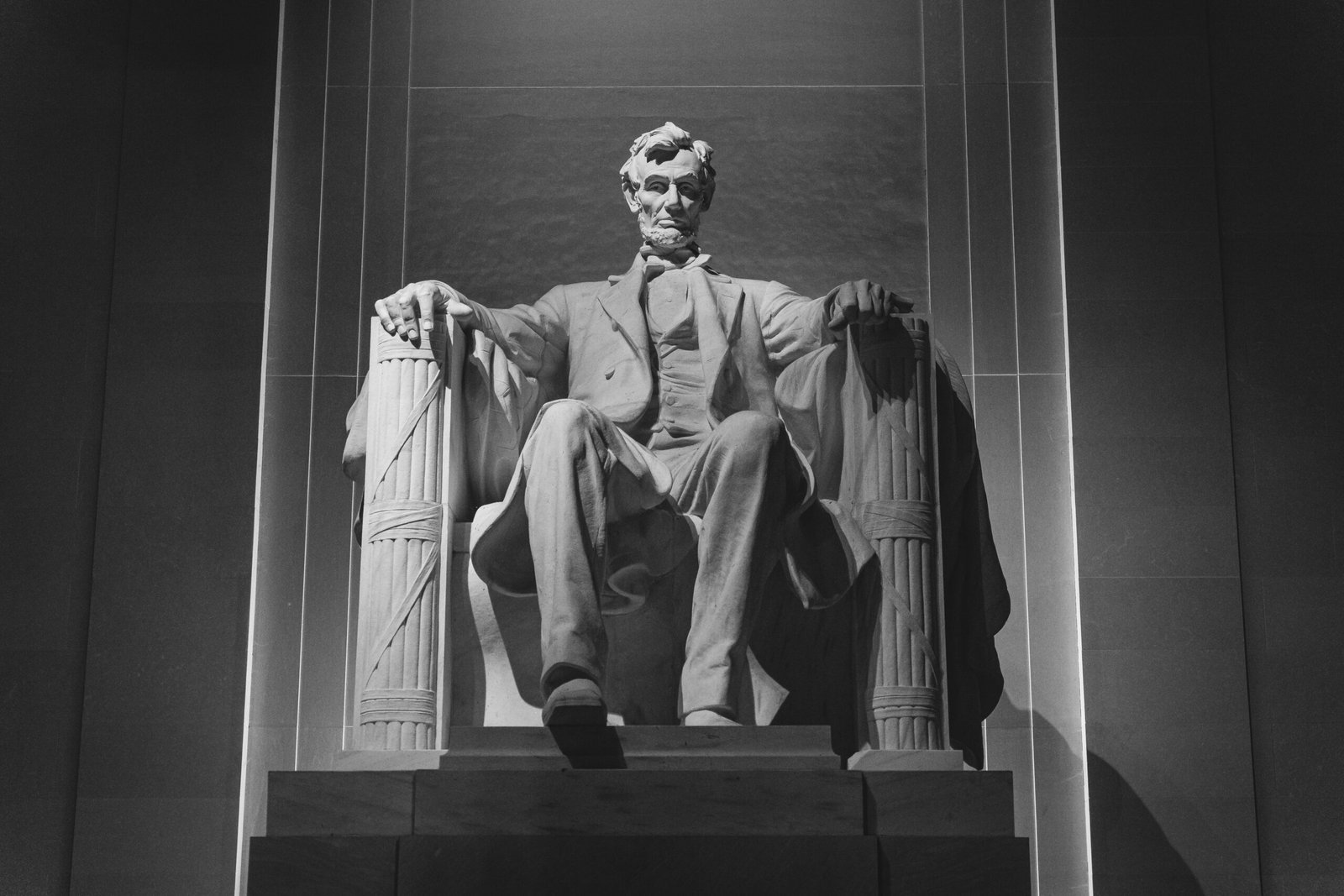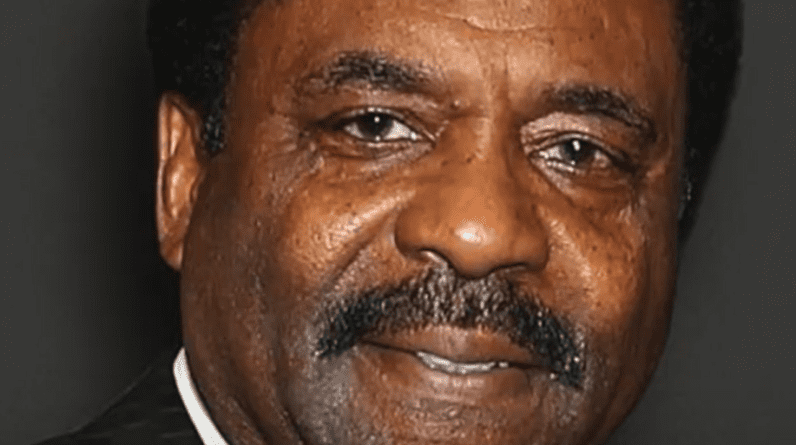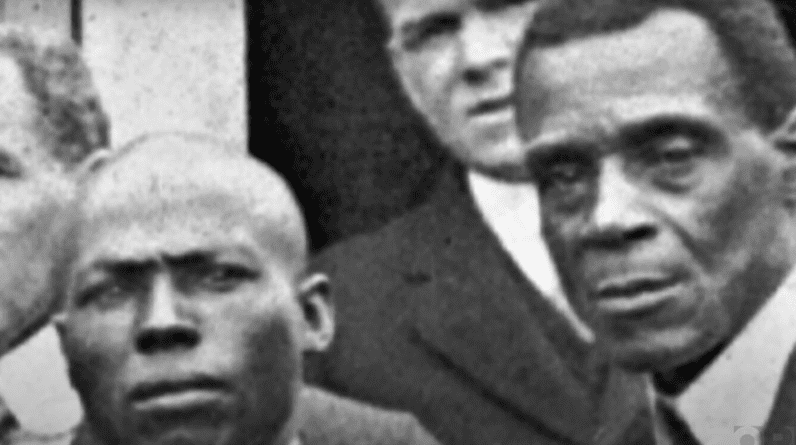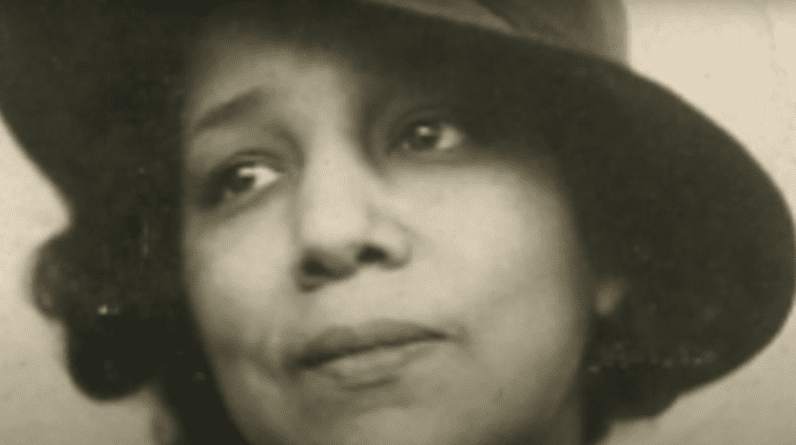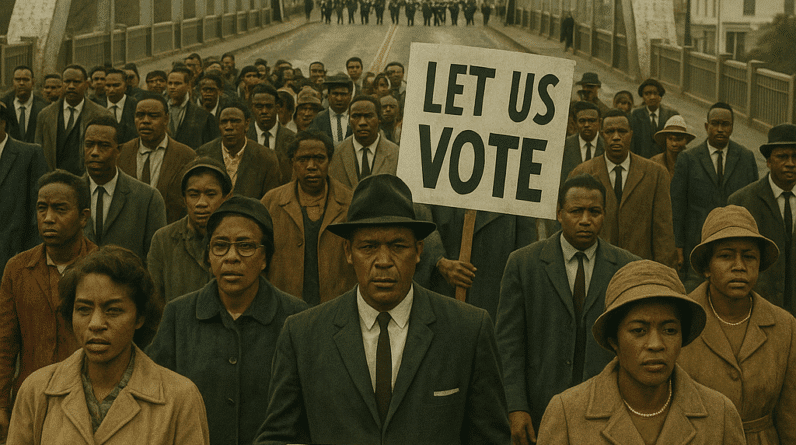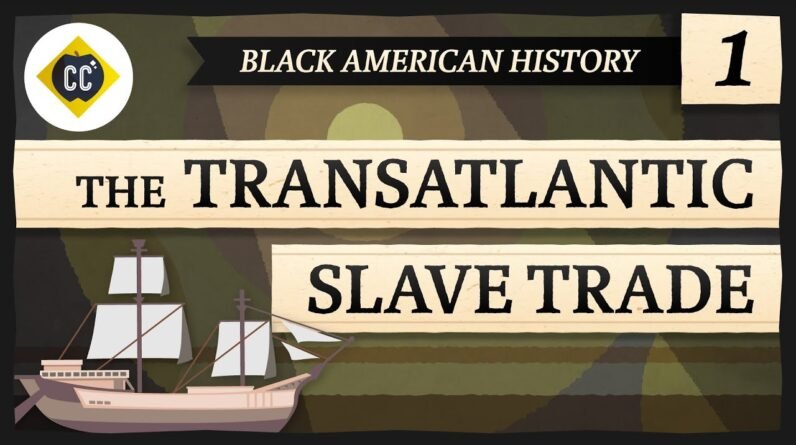
Abolitionist Movement in African-American
Abolitionist Movement in African-American. Welcome to the fascinating world of the Abolitionist Movement in African-American History. This pivotal period in history saw brave individuals fighting for the rights and freedom of enslaved African-Americans. From the horrors of slavery in America to the treacherous Transatlantic Slave Trade and the harrowing Middle Passage, the Abolitionist Movement played a crucial role in shaping African-American history. Join us as we explore the key events and figures that made this movement a catalyst for change in the fight against injustice and oppression. Have you ever wondered about the Abolitionist Movement in African-American History? Let’s delve into the rich history of this transformative movement that played a crucial role in the fight against slavery and the quest for freedom and equality for African-Americans.
Abolitionist Movement in African-American

Origins of Slavery in America
Slavery in America has a long and dark history that dates back to the early colonial period. The transatlantic slave trade brought millions of Africans to the shores of the Americas, where they were forced into bondage, labor, and servitude. The cruel and inhumane institution of slavery laid the foundation for the Abolitionist Movement to rise against this grave injustice.
The Middle Passage
The Middle Passage refers to the harrowing journey taken by enslaved Africans across the Atlantic Ocean to the Americas. Packed in overcrowded slave ships under brutal and deplorable conditions, many Africans perished during this treacherous voyage. The Middle Passage was a brutal and tragic chapter in the history of slavery and serves as a stark reminder of the horrors endured by enslaved African-Americans.
Rise of the Abolitionist Movement
The Abolitionist Movement emerged in the United States during the late 18th and early 19th centuries, fueled by a growing discontent with the institution of slavery. Abolitionists advocated for the immediate and unconditional emancipation of enslaved individuals and worked tirelessly to end the brutal practice of slavery.
Prominent Abolitionists
Prominent figures in the Abolitionist Movement include Frederick Douglass, Harriet Tubman, Sojourner Truth, and William Lloyd Garrison. These courageous men and women dedicated their lives to the cause of abolition, using their voices, actions, and writings to challenge the existing social order and demand justice and freedom for African-Americans.
Strategies and Tactics of Abolitionists
Abolitionists employed a variety of strategies and tactics to advance their cause and bring about the abolition of slavery. From organizing protests, petitions, and boycotts to publishing abolitionist newspapers and pamphlets, these activists were relentless in their pursuit of freedom and equality for all.
Underground Railroad
The Underground Railroad was a network of secret routes and safe houses used by abolitionists to help enslaved individuals escape to free states and Canada. Led by brave conductors like Harriet Tubman, the Underground Railroad played a pivotal role in aiding enslaved individuals in their quest for freedom and liberation.
Anti-Slavery Organizations
Anti-slavery organizations such as the American Anti-Slavery Society and the National Negro Convention were instrumental in mobilizing support for the abolitionist cause. These organizations served as platforms for activists to coordinate their efforts, share resources, and raise awareness about the atrocities of slavery.
Resistance and Opposition
Despite the tireless efforts of abolitionists, the fight against slavery faced fierce resistance and opposition from pro-slavery advocates, slaveholders, and defenders of the status quo. The abolitionist movement was met with violence, backlash, and suppression, highlighting the deeply entrenched nature of slavery in American society.
Pro-Slavery Ideology
Pro-slavery advocates promulgated a racist and dehumanizing ideology to justify the enslavement of Africans and perpetuate the institution of slavery. This ideology portrayed enslaved individuals as inferior, subhuman, and unworthy of freedom, thereby upholding the systematic oppression and exploitation of African-Americans.
Legal and Political Challenges
The abolitionist movement encountered numerous legal and political challenges in its quest to abolish slavery. Fugitive Slave Laws, Supreme Court rulings such as the Dred Scott decision, and political compromises like the Missouri Compromise and the Kansas-Nebraska Act posed significant obstacles to the abolitionist cause and perpetuated the injustices of slavery.
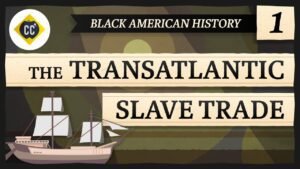
Legacy of the Abolitionist Movement
The Abolitionist Movement left a lasting legacy that continues to shape and inspire social justice movements today. The courageous efforts of abolitionists paved the way for the eventual abolition of slavery in the United States and laid the foundation for the civil rights and anti-racism movements that followed.
Emancipation Proclamation
The Emancipation Proclamation, issued by President Abraham Lincoln in 1863, declared the freedom of enslaved individuals in Confederate states during the Civil War. While this executive order was a significant step towards abolition, it was not until the ratification of the 13th Amendment in 1865 that slavery was officially abolished in the United States.
Reconstruction Era
The Reconstruction Era following the Civil War marked a period of social, political, and economic upheaval in the aftermath of slavery. Reconstruction efforts aimed to rebuild the Southern states, extend civil rights to African-Americans, and promote racial equality and integration. Despite progress made during this period, Reconstruction ultimately fell short of its goals, paving the way for segregation and Jim Crow laws.
Impact on African-American History
The Abolitionist Movement had a profound impact on African-American history, shaping the struggles and victories of generations to come. From the abolition of slavery to the fight for civil rights and equality, the legacy of the abolitionist movement endures in the ongoing quest for justice, liberation, and human rights for all.
Civil Rights Movement
The Civil Rights Movement of the 20th century drew inspiration from the abolitionist movement and built upon its legacy of resistance and resilience. Led by figures such as Martin Luther King Jr., Rosa Parks, and Malcolm X, the Civil Rights Movement challenged segregation, discrimination, and racial injustice, ultimately leading to landmark legislative victories such as the Civil Rights Act of 1964 and the Voting Rights Act of 1965.
Black Lives Matter Movement
The Black Lives Matter movement, which emerged in the 21st century in response to police brutality and systemic racism, continues the fight for racial justice and equality initiated by abolitionists. By centering the experiences and voices of Black communities, the Black Lives Matter movement seeks to dismantle white supremacy, confront anti-Black racism, and advocate for transformative change.
The African-American Abolitionist Movement: A Comprehensive Overview
FAQs on Abolitionist Movement in African-American
What was the Abolitionist Movement in African-American history?
The Abolitionist Movement in African-American history was a profound and courageous campaign aimed at ending the institution of slavery in the United States. African-Americans, both free and enslaved, played a pivotal role in this movement, fighting for their freedom and the emancipation of all enslaved individuals. This movement spanned several decades, gaining momentum in the early 19th century and culminating in the Civil War and the eventual abolition of slavery with the 13th Amendment in 1865. The efforts of African-American abolitionists were characterized by their resilience, solidarity, and unwavering commitment to justice and equality.
Who were the prominent African-American abolitionist leaders?
Several key figures emerged as leaders within the African-American Abolitionist Movement, each leaving an indelible mark on the struggle for freedom. Frederick Douglass, an escaped slave, became a powerful orator and writer, using his voice to advocate for abolition and equality. Harriet Tubman, known as the “Moses of her people,” led countless slaves to freedom via the Underground Railroad. Sojourner Truth, an outspoken advocate for both abolition and women’s rights, captivated audiences with her compelling speeches. Other notable leaders included William Still, an Underground Railroad conductor, and David Walker, whose incendiary pamphlet “Appeal to the Colored Citizens of the World” urged slaves to revolt against their oppressors.
How did African-American abolitionists contribute to the fight against slavery?
African-American abolitionists contributed to the fight against slavery in numerous, impactful ways. They organized and participated in abolitionist societies, where they collaborated with white allies to strategize and mobilize. Many, like Frederick Douglass and Sojourner Truth, traveled extensively, delivering powerful speeches that swayed public opinion. Harriet Tubman risked her life repeatedly, leading enslaved individuals to freedom and providing crucial intelligence to Union forces during the Civil War. African-American abolitionists also wrote influential narratives and essays that exposed the horrors of slavery and humanized those who suffered under its yoke. Their contributions were instrumental in galvanizing support for the abolitionist cause and bringing about the end of slavery.
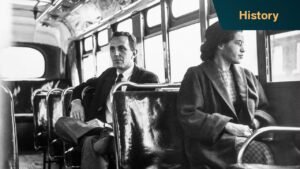
What challenges did African-American abolitionists face?
African-American abolitionists faced immense challenges and dangers in their fight against slavery. They operated in a society where racism was deeply entrenched, and advocating for abolition often meant risking violence, imprisonment, or death. Despite being leaders in the movement, they frequently encountered discrimination within abolitionist circles, where white abolitionists sometimes marginalized their contributions. Additionally, they faced the constant threat of recapture and brutal punishment if they were escaped slaves. These adversities, however, did not deter them; instead, they forged ahead with greater determination, using their lived experiences as a powerful testament to the evils of slavery.
How did the Abolitionist Movement influence African-American communities?
The Abolitionist Movement had a profound impact on African-American communities, fostering a sense of solidarity and collective purpose. It provided a platform for African-Americans to assert their humanity and demand their rights. The movement also helped to cultivate leadership within the African-American community, as individuals like Douglass, Tubman, and Truth emerged as prominent figures who inspired and mobilized others. Furthermore, the fight for abolition laid the groundwork for subsequent civil rights struggles, instilling a legacy of activism and resistance that would continue to shape African-American communities long after slavery was abolished. The movement also forged networks of support and mutual aid that strengthened community bonds.
What role did African-American women play in the Abolitionist Movement?
African-American women played crucial roles in the Abolitionist Movement, contributing as organizers, activists, and leaders. Harriet Tubman’s work with the Underground Railroad is perhaps the most renowned example, but countless other women also played vital roles. Sojourner Truth used her platform to speak out against both slavery and gender inequality, challenging prevailing societal norms. Women like Maria W. Stewart and Frances Ellen Watkins Harper wrote and spoke passionately about the injustices faced by African-Americans, leveraging their voices to advocate for change. African-American women often balanced their abolitionist efforts with domestic responsibilities, demonstrating extraordinary resilience and dedication to the cause of freedom and equality.
How did African-American abolitionists use literature and speeches to advance their cause?
Literature and speeches were powerful tools employed by African-American abolitionists to advance their cause. Frederick Douglass’s autobiographies, such as “Narrative of the Life of Frederick Douglass, an American Slave,” provided firsthand accounts of the brutal realities of slavery, eliciting empathy and support from readers. Sojourner Truth’s speeches, including her famous “Ain’t I a Woman?” address, highlighted the intersection of race and gender oppression, compelling audiences to reconsider their prejudices. African-American newspapers, like “The North Star,” founded by Douglass, offered platforms for disseminating abolitionist ideas and news. These literary and oratorical efforts played a critical role in shaping public opinion and galvanizing support for the abolitionist movement.
What were the key events and milestones in the African-American Abolitionist Movement?
Several key events and milestones marked the African-American Abolitionist Movement. The publication of David Walker’s “Appeal” in 1829 was an early and incendiary call for immediate emancipation. The establishment of the Underground Railroad in the early 19th century provided a lifeline for countless escaping slaves, with figures like Harriet Tubman leading the way. The passage of the Fugitive Slave Act in 1850 intensified abolitionist efforts, leading to increased activism and resistance. The Dred Scott decision in 1857, which denied citizenship to African-Americans, further galvanized the abolitionist cause. Finally, the Emancipation Proclamation in 1863 and the ratification of the 13th Amendment in 1865 were monumental victories, culminating in the formal abolition of slavery.
How did the efforts of African-American abolitionists intersect with other social movements?
The efforts of African-American abolitionists often intersected with other social movements, creating a broader push for human rights and justice. Many African-American abolitionists were also involved in the women’s suffrage movement, recognizing the interconnectedness of their struggles against oppression. Sojourner Truth and Frederick Douglass, for example, were prominent advocates for both abolition and women’s rights. Additionally, the abolitionist movement influenced early labor rights activism, as the fight against the exploitation of enslaved labor highlighted broader issues of economic justice. These intersections helped to build coalitions and foster a more comprehensive approach to social reform, laying the groundwork for future civil rights advancements.
What is the legacy of the African-American Abolitionist Movement today?
The legacy of the African-American Abolitionist Movement is profound and enduring. It set a powerful precedent for activism and resistance against racial injustice, inspiring subsequent generations of civil rights advocates. The movement’s emphasis on equality and human dignity continues to resonate, informing contemporary struggles for racial justice and equity. Monuments, museums, and educational programs dedicated to abolitionist leaders and events help to preserve and honor their contributions. The narratives and writings of African-American abolitionists remain essential reading, offering timeless insights into the fight for freedom and justice. Today, the spirit of the abolitionist movement lives on in the ongoing efforts to address systemic racism and promote a more inclusive and equitable society.
In conclusion, the Abolitionist Movement in African-American History stands as a testament to the courage, determination, and resilience of those who fought against the evils of slavery and oppression. From the horrors of the Middle Passage to the triumphs of emancipation, abolitionists waged a valiant struggle for freedom, equality, and dignity for all. By honoring their legacy and continuing their fight for justice, we uphold the ideals and aspirations of the abolitionist movement for a more just and equitable future.
